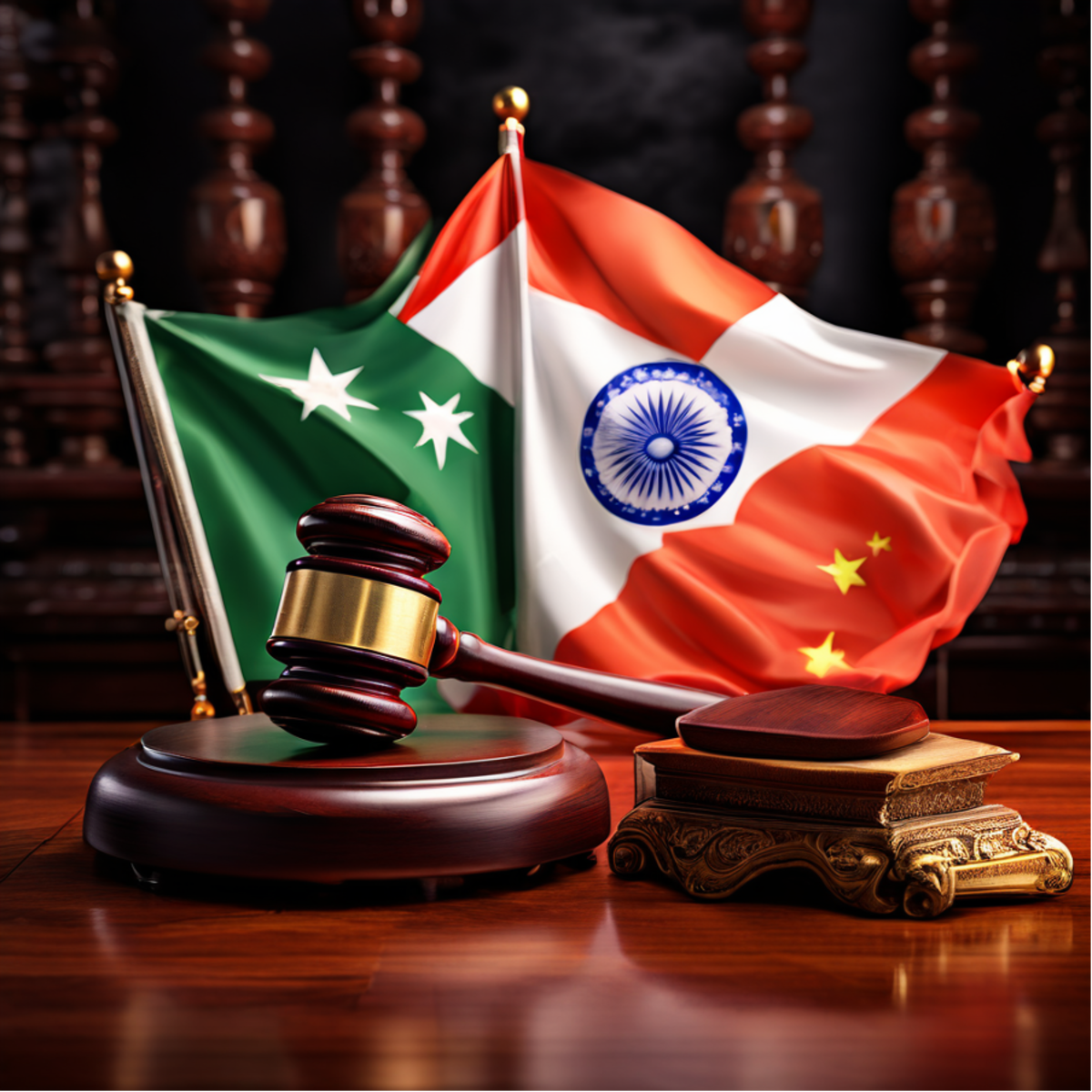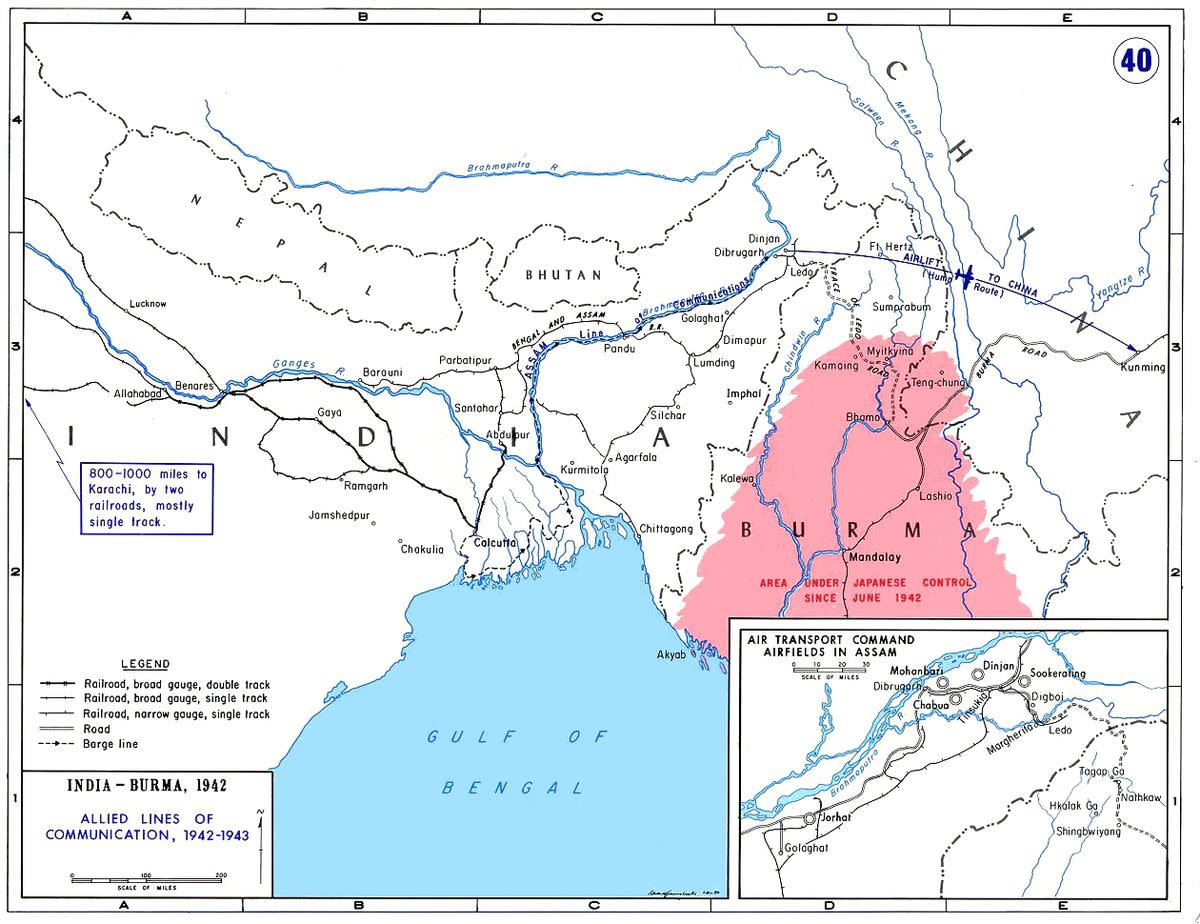Comparing the Judicial System of China and India: Which Is Better?

Introduction
India and China are two of the most populous nations on earth with a combined population of 3 billion people. Both nations have followed different political paths. China under MaoTse Tung and the Communist Party chose a one-party rule, a dictatorship resulting in a totalitarian state, while India chose a multiparty government modeled on the Westminster government in England. It opted for a society that was more liberal.
Keeping the type of governments in view, both nations have followed different judicial systems. One can safely say that the laws followed in both countries need review and improvement. China is a totalitarian state and dictatorship and the law is tailored to that society. The rights of the defendants charged with a crime are minimal and executions are at the drop of a hat. More than 3000 Chinese are executed every year on various charges. In other words, I feel it is an extremely flawed system of justice.
As far as India is concerned, the law is antiquated and out of place with the modern age. The system is moth-eaten with the result, the trials continue for years and the punishment meted out is so delayed that the principle of justice as a deterrent is lost.
An obnoxious interpretation of the laws in India means that everybody gets bail. Some can also apply for anticipatory bail and in most cases the court will grant it so that the police is unable to arrest the criminal. Many political leaders in India who have cheated the people and the state exchequer of millions of dollars are floating around as they are on bail. The trials continue for years and when they conclude many at the time, the accused are dead. This system of justice in India is perverse and needs to be rectified.
Comparison
The system of judicial review in India by the higher court is time-consuming and takes years for a review to come up for hearing. I will bring to the notice of readers that the famous cricket player Navjot Singh Sidhu was accused of manslaughter not amounting to murder way back in 1987 but he was finally punished for his crime with a one-year jail term in 2020. Such protracted delay waters down the principle that a man must pay for his crimes. In China, it is the opposite. the trials are expeditiously completed. The rules of evidence are flouted. The judicial review also is over within weeks and if a person is sentenced to death is executed within a few weeks of the trial.
It is the opposite in India. There have been cases where the death sentence has been kept hanging for years as no review is taken and many times the President who has the authority to pardon the offence keeps sitting on applications by the accused for mercy for many years. This is difficult to reconcile with the principle of natural justice. The net result is that the Supreme Court has to set aside the death sentence as it is delayed. The Supreme Court is right to commute such delays and commute death sentences to life imprisonment because being on death row itself, is torture.
The entire judicial system has to be overhauled as the Supreme Court is now interfering in matters of the executive. The backlog of cases is so much that some cases may not be heard for more than 20 years. This is not conducive to good judicial discipline and a review is called for but in comparison to China, the situation is different. The system of justice is swift and punishments, are meted out in a summary manner. This quick-fire justice in China can lead to difficult interpretations and many times shortcuts are taken and the complete evidence against an accused is not available and yet the man is sentenced to imprisonment or death.
China also tries people for political crimes which are classified as crimes against the state. This is a peculiarity of the Communist system where such crimes are in abundance. It must be remembered that Mao Tse Tung made that famous dictum Let 100 flowers, bloom, and 100 thoughts flourish. The net result was that those who came out with these ideas exposed themselves as the opponents of the Communist party and many were arrested and executed and others were sent to long terms in labor camps. I don't think this is an act that can be praised.
India is a democracy and such crimes against the state are nonexistent. The legal system in India is borrowed from English law but it is out of tune with modern needs. At the same time. It is unable to give a direction and is part of the system of the political class when it supports the caste system that the political class wants to impose on the Indian state.
Way forward
The way forward is to have laws that are just and equitable and follow the principle of natural justice. Unfortunately, China is a long way from this, and the only change. I can think of if the communist system is dismantled and democracy brought him but then this also can be futile like in Russia where despite the dismantling of communism, the legal system is not perfect.
India also needs a fresh look at how the Indian judicial system is working. There needs to be a complete overhaul and a law commission was appointed to reform the judicial system. Nothing much has come out of it. However, if we compare the judicial systems of both China and India, I think the Indian system would still be better than what China has to offer.
© 2024 MG Singh emge








